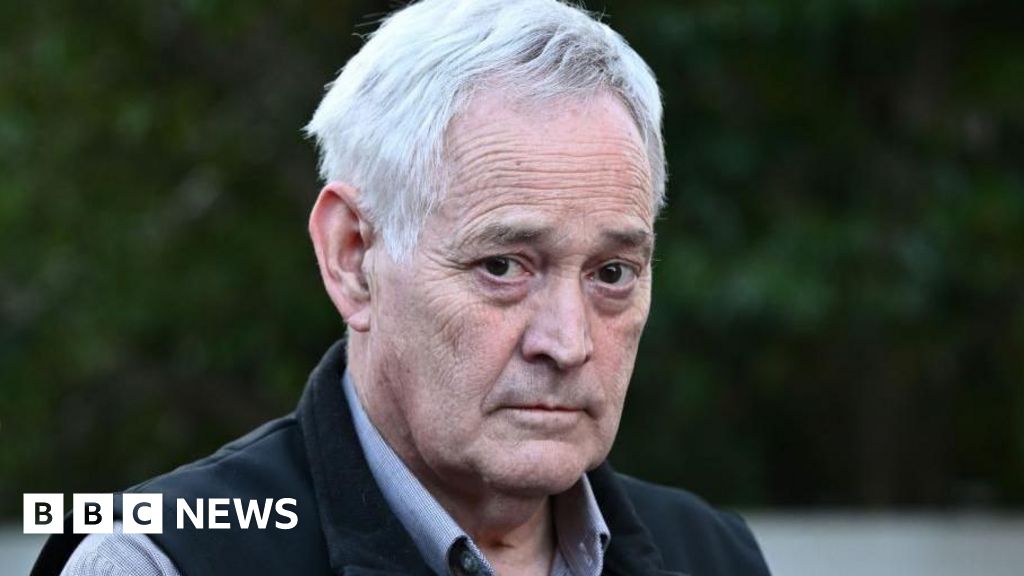The court proceedings revealed that the defendants had admitted to their roles in the assault, with prosecutors initially advocating for a heavier sentence of seven years, arguing that the actions of the men demonstrated a calculated move to further exploit the victim by displacing her from familiar surroundings. Judge Lee Hyun-kyung emphasized the severity of the crime, indicating the significant mental distress caused to the victim who was in an alien environment when the attack occurred.
Despite the emotional weight of the case, reactions to the ruling have been mixed. While the courtroom bore a somber atmosphere as the sentence was read, public responses on social media reflect a broader discontent regarding the perceived leniency of the punishment. Many users expressed that the given sentence does not appropriately convey the seriousness of the crime, indicating a growing demand for more stringent legal responses to sexual violence.
This incident underscores the ongoing struggle with issues of gender-based violence in South Korea, a country grappling with social pressures and cultural perceptions regarding women's safety and sexual agency. As the discourse surrounding this case continues to develop, it brings to light the necessity for a critical examination of societal attitudes, judicial practices, and the impact such high-profile cases have on public perceptions of justice.
In summary, the case of Taeil serves as a crucial flashpoint in the conversation about sexual violence, highlighting the need for continued advocacy and reform within legal frameworks to ensure adequate protection and justice for victims. The public response signals a call for deeper engagement with these pressing issues and an examination of how celebrity culture intersects with societal norms and law.
Despite the emotional weight of the case, reactions to the ruling have been mixed. While the courtroom bore a somber atmosphere as the sentence was read, public responses on social media reflect a broader discontent regarding the perceived leniency of the punishment. Many users expressed that the given sentence does not appropriately convey the seriousness of the crime, indicating a growing demand for more stringent legal responses to sexual violence.
This incident underscores the ongoing struggle with issues of gender-based violence in South Korea, a country grappling with social pressures and cultural perceptions regarding women's safety and sexual agency. As the discourse surrounding this case continues to develop, it brings to light the necessity for a critical examination of societal attitudes, judicial practices, and the impact such high-profile cases have on public perceptions of justice.
In summary, the case of Taeil serves as a crucial flashpoint in the conversation about sexual violence, highlighting the need for continued advocacy and reform within legal frameworks to ensure adequate protection and justice for victims. The public response signals a call for deeper engagement with these pressing issues and an examination of how celebrity culture intersects with societal norms and law.



















